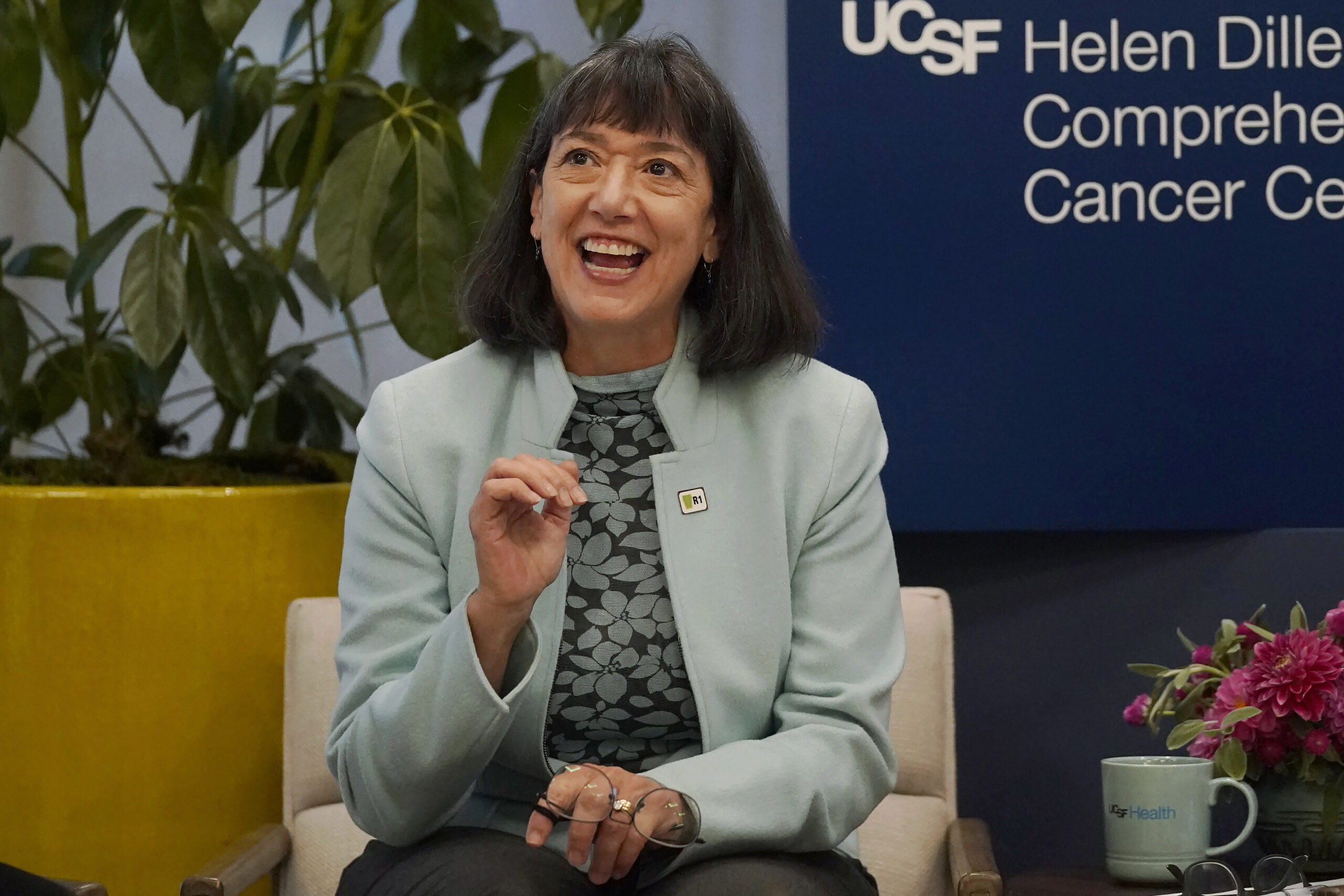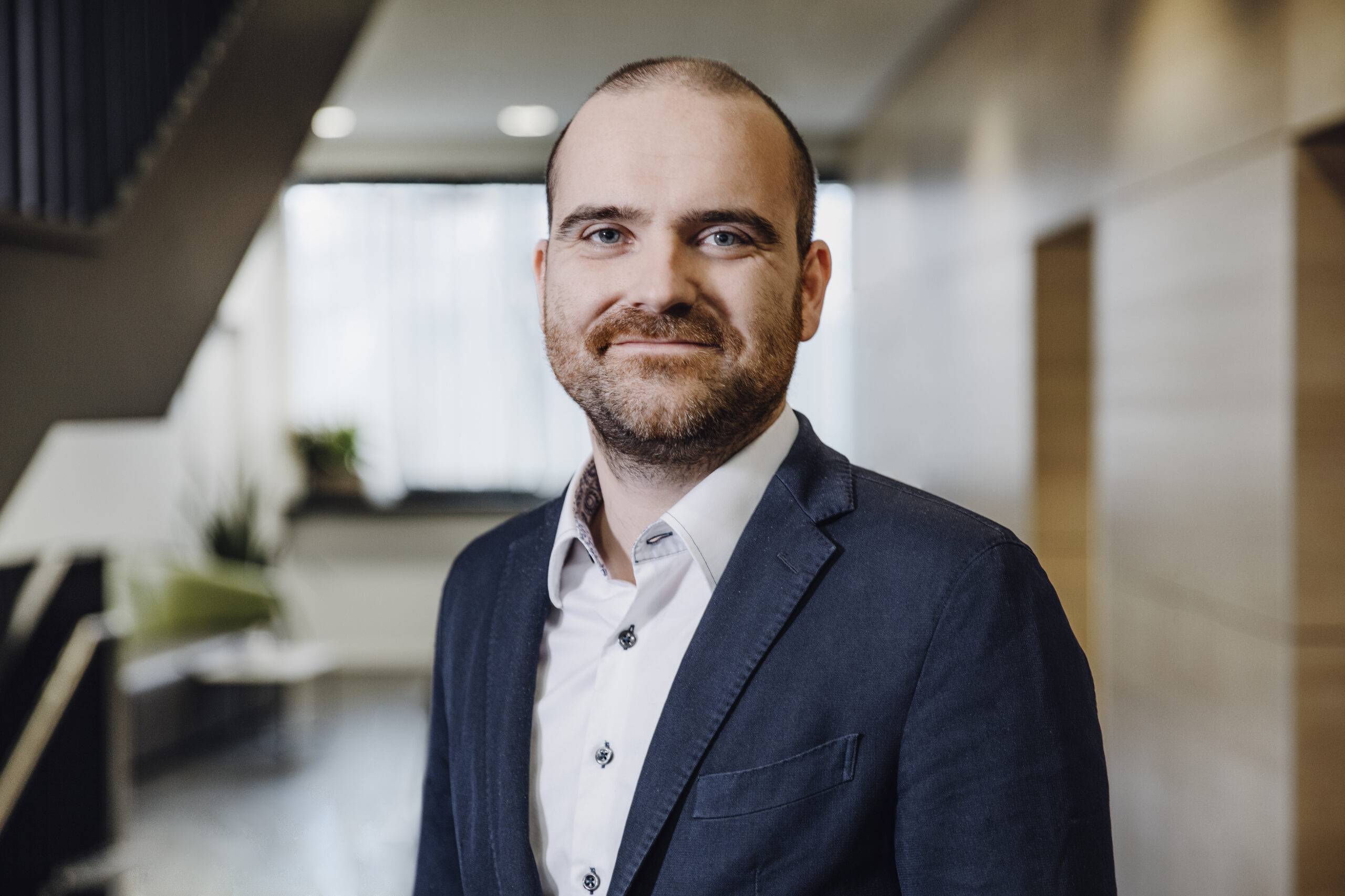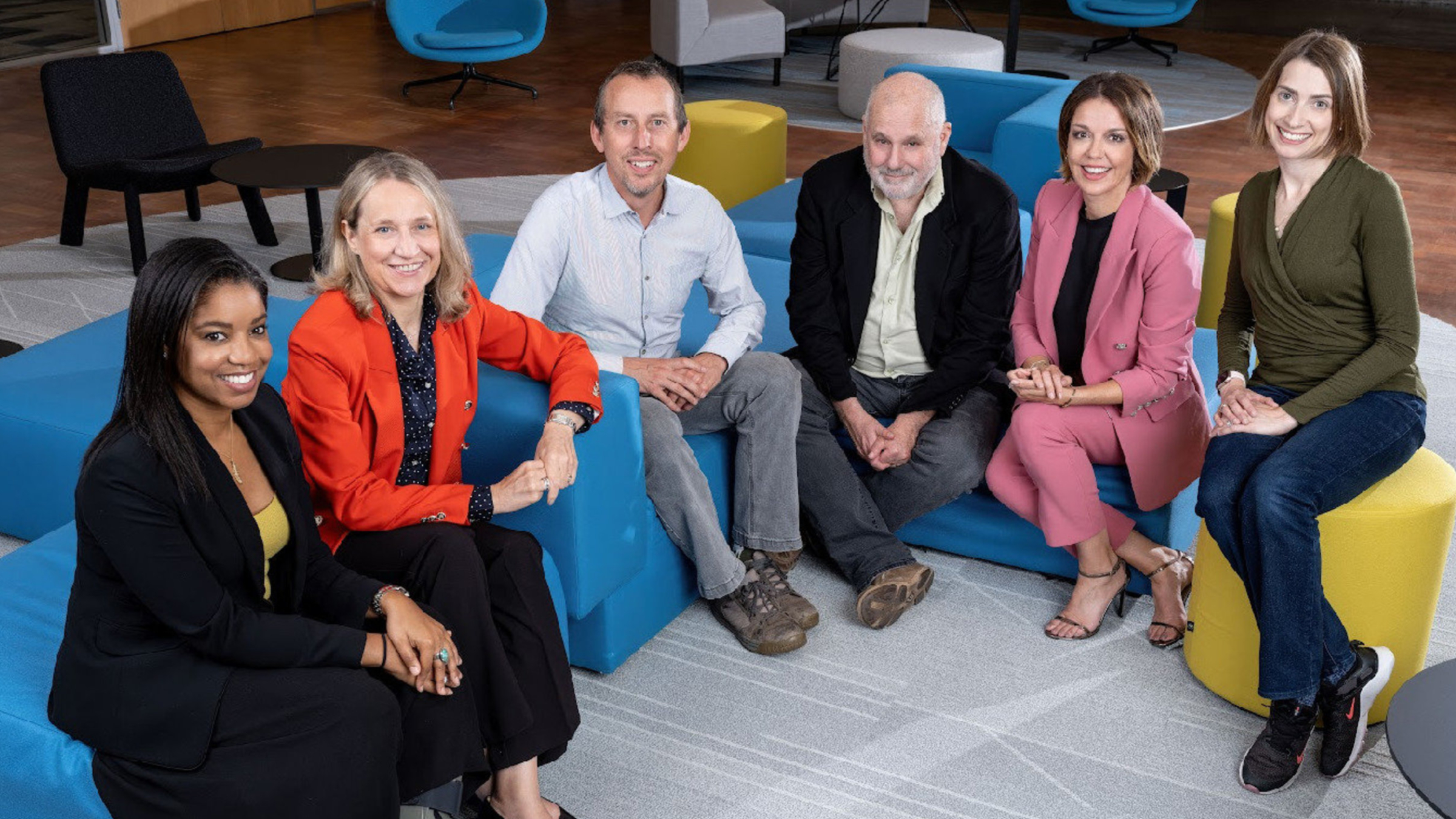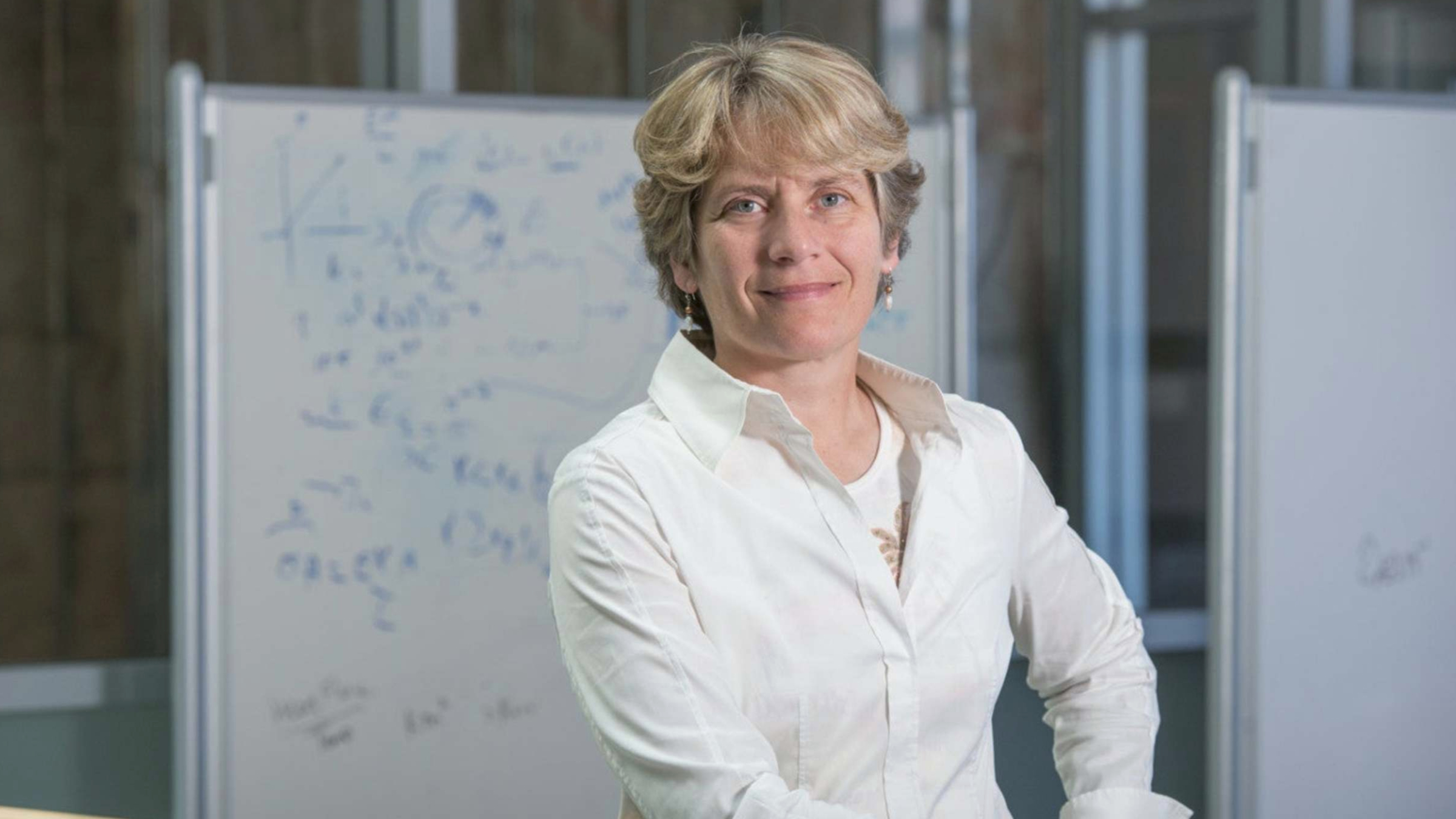Four senior FDA leaders forged close ties with Biogen well ahead of Aduhelm's approval. Now they've left FDA
Two years after the FDA’s controversial approval of Biogen’s Alzheimer’s drug Aduhelm, four of the top agency officials who came under scrutiny for their close relationship with the drugmaker during the approval process have left the agency.
Three of those four senior officials, who managed and worked closely with the clinical and biostats reviewers assigned to the Aduhelm application, have now ended up working at drugmakers. The landing spot for the fourth — Billy Dunn, former director of the Division of Neurology Products — has yet to be made public.
Aduhelm, or aducanumab, ended up a commercial flop, but opened the door for Eisai and Biogen’s follow-on Alzheimer’s drug Leqembi, which will likely be a blockbuster. But the approval of the drug, struggles to get it reimbursed at CMS and nationwide, and the investigations that followed, continue to have an impact on not just Biogen but the entire industry.
According to the House Committee on Oversight and Reform and the Committee on Energy and Commerce’s investigation into the Biogen and FDA relationship, the company and agency officials met in July 2019, a full year before Biogen would even complete its submission for aducanumab, and as part of a workstream outside of a typical application’s review.
Almost four months prior to this first meeting, in March 2019, Biogen announced publicly it was shuttering two Phase III trials, effectively ending development on aducanumab, as a futility analysis conducted by an independent data monitoring committee indicated that they were unlikely to meet their primary endpoint.
Dunn, who led the efforts around aducanumab and started at the FDA’s Division of Neurological Products in 2005 before rising to the top of the office in 2020, decided to leave the agency in late February, effective immediately and with little explanation.
It’s still unclear where he will end up, and the Alzheimer’s Association of America and his former deputy Eric Bastings, who moved over to Ionis as a VP, told Endpoints News they don’t know where Dunn is headed. Endpoints was unable to reach Dunn directly for comment. Teresa Buracchio, deputy of the Office of Neuroscience who is not on the list above, took over Dunn’s role as director of the neuroscience office on an acting basis.
Bastings previously told Endpoints of his own departure, “The opportunity with Ionis is why I chose to retire from the FDA,” but he said he could not comment on his role in the Aduhelm-related investigations.
Meanwhile, FDA’s Kun Jin, after more than 27 years at the agency, was named VP and head of biostatistics at Anavex Life Sciences in March. And earlier this week, Biohaven, a clinical-stage biopharma company, named Nick Kozauer, former acting deputy director of the FDA’s Division of Neurology Products and eight-year FDA vet, as SVP for clinical development and regulatory strategy.
Neither responded to requests for comment.
Ranjit Mani, clinical team leader for Dunn’s neurology division, confirmed that he is still working at the FDA but declined to comment on the Aduhelm investigations. None of the others from FDA on the list from the congressional investigation responded to a request for comment. The only Biogen employee on the list, Samantha Budd Haeberlein, saw her employment as SVP end in mid-March but it’s unknown where she’s headed.
On why all four senior FDA leaders departed so quickly following the release of the December 2022 congressional investigation, an FDA spokesperson confirmed that all the others on the list still work at the agency, and added, “While we are unable to say specifically why the individuals left, CDER Staff leave the FDA for a variety of reasons.”





